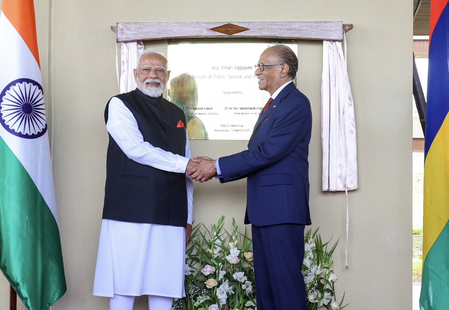By Ayana Birbayeva,Fatima Kemelova
Copyright astanatimes

ALMATY — Kazakhstan’s agricultural exports to Afghanistan are set to increase by more than $100 million following a series of negotiations between NC Food Contract Corporation JSC and Afghan state companies, industry associations, and private sector representatives on Sept. 16.
The talks took place in Kabul, organized by the Kazakhstan Trade House in Herat, which serves as a key platform for strengthening bilateral business cooperation, reported the Ministry of Agriculture press service.
Strengthening food security in Central Asia
The meeting was built on earlier agreements reached during visits of Kazakh government officials to Afghanistan. Participants included Afghanistan’s Minister of Industry and Trade Nuriddin Azizi, Kazakhstan’s Chargé d’Affaires in Afghanistan Gaziz Akbasov, Head of the Kazakhstan Trade House in Afghanistan Arman Yesentayev and Deputy Chairman of Food Contract Corporation Samat Tenbayev.
The sides discussed food security across Central Asia, placing particular emphasis on expanding exports of Kazakh wheat, flaxseed, corn, and soybeans. According to the preliminary outcomes, export contracts worth more than $100 million are expected to be signed.
“As the state operator of the grain market, our corporation is committed to deepening cooperation with Afghan partners. We are ready to increase export volumes and have all the necessary resources to ensure stable and high-quality supplies,” Tenbayev said.
Afghan counterparts expressed strong interest in building sustainable trade mechanisms and raised the issue of tools to support export contracts. Both sides agreed to assist Kazakh producers in consolidating export batches of agricultural products to reduce trade barriers and stimulate mutual trade.
Food Contract Corporation continues to expand the geography of its exports. In 2025, the company achieved a record grain sales volume of more than 1.2 million tons.
Beyond traditional markets, Kazakh wheat has already entered Southeast Asian and North African countries, marking a significant milestone in the nation’s export diversification strategy.



